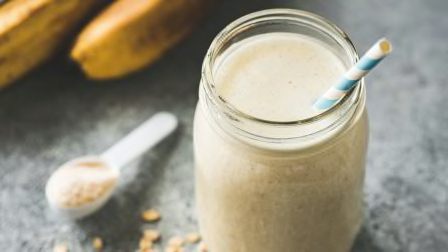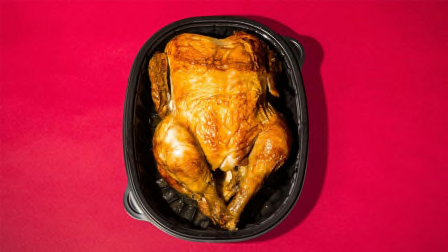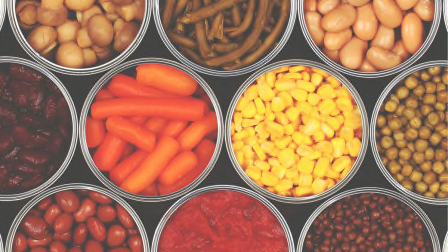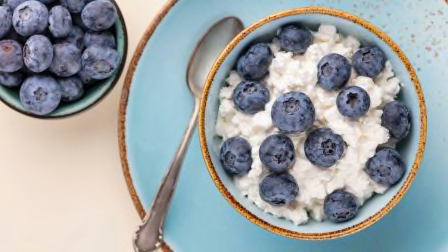Is Fruit Juice Good for You?
Some fruit juices contain a lot of sugar. Here’s what to look for.
To some people, having juice at breakfast is as much a part of the a.m. routine as brushing their teeth. But regular fruit juice drinkers, as well as those intrigued by the growing number of good-for-you-sounding options, may wonder how it fits in with health goals.
Vitamins, Minerals, and More
Nutritionwise, juice doesn’t provide all of the same benefits as a piece of fruit. That’s why the U.S. Dietary Guidelines say that at least half of the 2 cups of fruit you should have in a day should be whole fruit. Juices, even those with lots of pulp, lack fruit’s fiber and are concentrated sources of calories. For instance, 1 cup of OJ has 110 calories, more than twice the calories you get from eating an orange.
The Right Way to Juice Up
You don’t need to drink fruit juice, especially if you eat whole fruit. But if you like it, you can have it in a balanced way.
• Stick with 100 percent juice. Fruit or fruit and vegetable blends are fine as long as the mix is all juice. So are cold-pressed juices, but claims that the way they’re made preserves more vitamins and minerals aren’t currently supported by research. And they can be pricey.
• Read labels. Juice drinks and cocktails often contain added sugars. For example, 8 ounces of Simply Peach juice drink have 7½ teaspoons. Reduced-sugar options like Tropicana’s Trop 50 seem healthy but cut calories and sugar by watering down the juice and adding no-calorie sweeteners like stevia. And don’t be fooled by fruit nectars. Their thicker consistency may mean they have a bit more fiber than other juices, but they often contain added sugars. (Check out our guide to decoding fruit juice labels.)
• Water it down. Mix half the juice you’d usually drink with water or seltzer. Or pour a splash into the water you drink throughout the day to stretch the flavor.
4 Healthy Juices
Some types of juice have more to offer than others. Here are a few to consider:
Orange juice: OJ drinkers tend to get more potassium and other nutrients and antioxidants. One cup has 110 calories.
Pomegranate juice: Its polyphenol antioxidants may help with inflammation. One cup has 160 calories.
Tart cherry juice: This juice may help ease muscle soreness after exercise and improve sleep quality. One cup has 130 calories
Wild blueberry juice: It may help improve blood pressure in people at risk for type 2 diabetes. One cup has 90 calories.
Editor’s Note: A version of this article also appeared in the October 2022 issue of Consumer Reports On Health.

